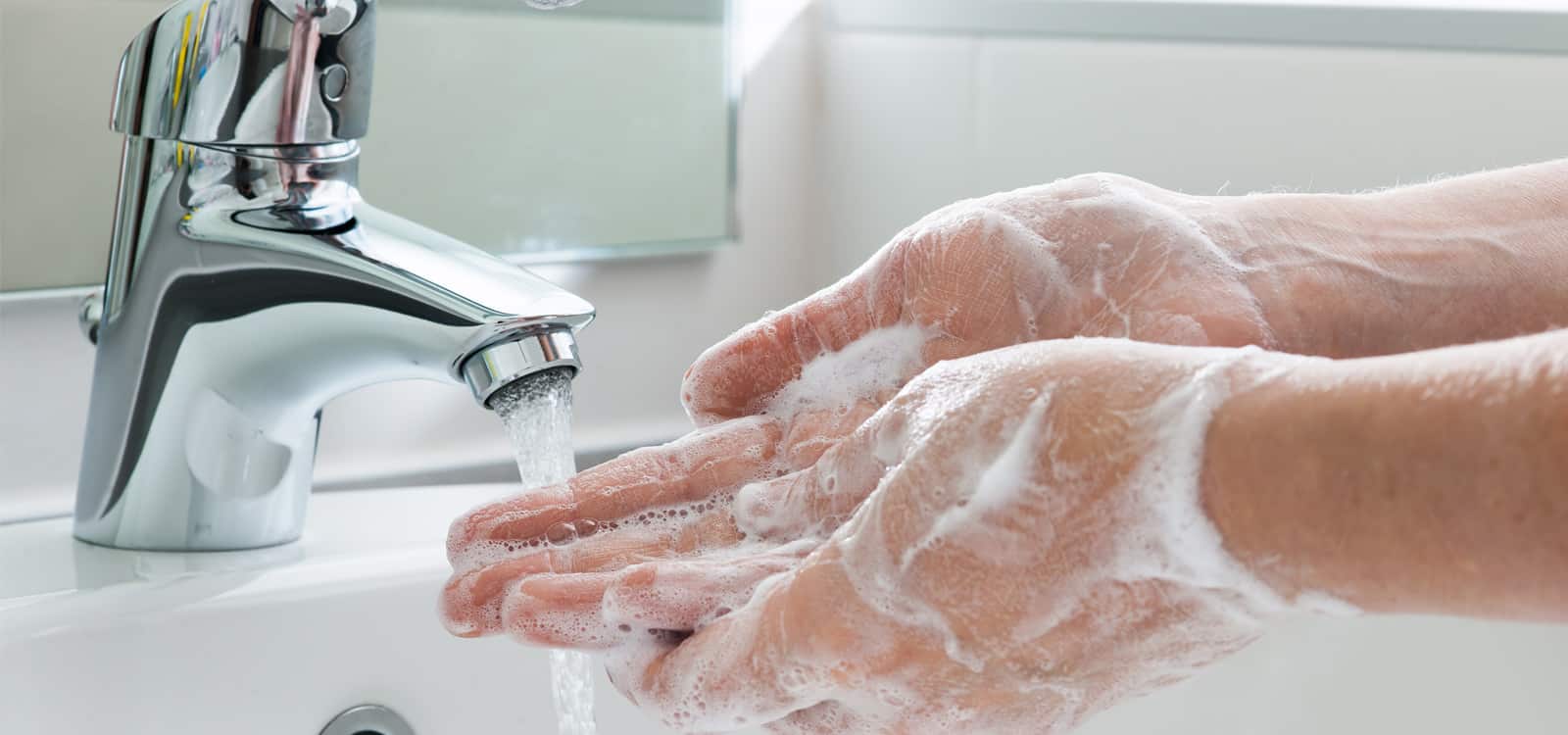Douglas County today received notification from Tri-County Health Department (TCHD) of two additional residents in the County that have tested positive for COVID-19.
The County now has a confirmed total of three cases. Two cases are located in the Castle Rock area and one in Highlands Ranch.
- The first case announced today is an adult who returned from a trip to Italy.
- The second case announced today is a student who returned from a trip to the Philippines. The student did not attend classes.
- The adult case announced by the state on March 5 was also travel related.
“Both of these new cases are from known international exposure, have mild illnesses, and are isolated at home, not in a hospital. There is no indication of additional community exposure at this time. Tri-County Health Department staff is monitoring the people who may have been exposed,” said John M. Douglas, Jr., MD, Executive Director of Tri-County Health Department.
The cases are each a “presumptive positive” because the initial testing was done at the state level, and test results will be confirmed by the Centers for Disease Control and Prevention (CDC). TCHD is working closely with the Colorado Department of Public Health and Environment (CDPHE) to work with each family and to protect the health and safety of Coloradans.
At the advice of Tri-County Health, if you are feeling ill with symptoms of cough, fever, difficulty breathing similar to those associated with COVID-19:
- If you know you have been exposed to someone with COVID-19 or you have traveled to a country where COVID-19 transmission is widespread (Italy, Japan, Iran, South Korea), please call your doctor about how to get tested.
- Manage your symptoms at home the same way you manage other cold symptoms. We want to reduce the risk of transmission, so to the extent possible, people with flu-like symptoms should remain at home.
- If you need medical care, contact your primary care provider and schedule a visit. Let them know that you are concerned you might have COVID-19.
- Only contact 911 for emergencies requiring immediate life-saving care and let them know if you are concerned you might have COVID-19.
- Restrict visits to the hospital emergency room or urgent care — only individuals needing immediate care should visit these facilities. If you must visit an ER or urgent care facility, call ahead and let them know that you are concerned you might have COVID-19.
CDC’s testing guidance includes three types of people:
- Those who have symptoms such as fever OR lower respiratory symptoms (cough or shortness of breath) and have had “close contact” with a confirmed coronavirus patient within 14 days of their first symptoms.
- Those who have fever AND/OR lower respiratory symptoms, require hospitalization and have traveled to areas impacted by the epidemic in the last 14 days.
- Patients with fever and severe, acute lower respiratory symptoms who require hospitalization, and for whom no other diagnosis has been found — such as the flu. No travel or contact exposure is needed.
Health officials advise Coloradans to stay informed, take simple disease prevention measures, and to be prepared to shelter at home for an extended period of time, as if preparing for a major snow event.
- Practice good hygiene. Thoroughly wash your hands with soap and water. In the absence of soap and water, use hand sanitizer.
- Use your elbow or sleeve to cover coughs and sneezes. If you use a tissue, throw it away and promptly wash your hands.
- Stay home if you are sick, even if you think you only have the flu, a cold or allergies– and keep your children home if they are sick. Talk to your employer about their sick policy and telecommuting.
- Stay informed with reliable, up-to-date information by visiting tchd.org/coronavirus and www.cdc.gov/covid19.
If you have general questions about COVID-19 coronavirus disease, call the CO-HELP InfoLine at 303-389-1687 or 1-877-462-2911 or email COHELP@RMPDC.org, for answers in English, Spanish, Chinese, and more.

